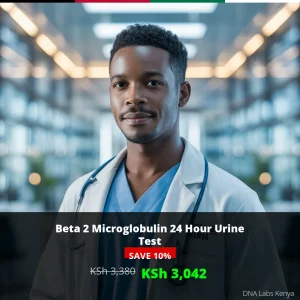PMLRARA AML M3 APML Test
Introduction to PMLRARA AML M3 APML Test
The PMLRARA AML M3 APML test is a specialized diagnostic tool used to detect acute promyelocytic leukemia (APL), a subtype of acute myeloid leukemia (AML). This test is essential in identifying the presence of the PML-RARA fusion gene, which is a hallmark of APL. Early detection of this condition is critical as it can significantly influence treatment outcomes and improve survival rates.
What the Test Measures
This test measures the presence of the PML-RARA fusion gene in bone marrow or peripheral blood samples. By using the Fluorescence In Situ Hybridization (FISH) method, the test provides accurate results that help in diagnosing APL.
Who Should Consider this Test
Individuals who exhibit symptoms such as unexplained bleeding, frequent infections, fatigue, or unusual bruising should consider the PMLRARA AML M3 APML test. Additionally, those with a family history of leukemia or other risk factors should discuss this test with their healthcare provider.
Benefits of Taking the Test
- Early diagnosis of acute promyelocytic leukemia (APL).
- Guides treatment decisions and management plans.
- Improves chances of successful treatment outcomes.
- Provides peace of mind for patients and their families.
Understanding Your Results
Results from the PMLRARA AML M3 APML test are typically available within 3-4 days. A positive result indicates the presence of the PML-RARA fusion gene, confirming a diagnosis of APL. Patients should consult their healthcare provider for a comprehensive interpretation of the results and to discuss potential treatment options.
Test Pricing
| Discount Price | Regular Price |
|---|---|
| 10,500 KSh | 14,000 KSh |
Book Your Test Today
We have branches across Kenya, including major cities like Nairobi, Mombasa, and Kisumu. You can also take advantage of our home sample collection service for your convenience. To book the PMLRARA AML M3 APML test, please call or WhatsApp us at +254119023975.
Pre-Test Instructions
The PMLRARA AML M3 APML test requires a doctor’s prescription, except for cases related to surgery, pregnancy, or those planning to travel abroad. Ensure to follow your healthcare provider’s instructions before the test.








